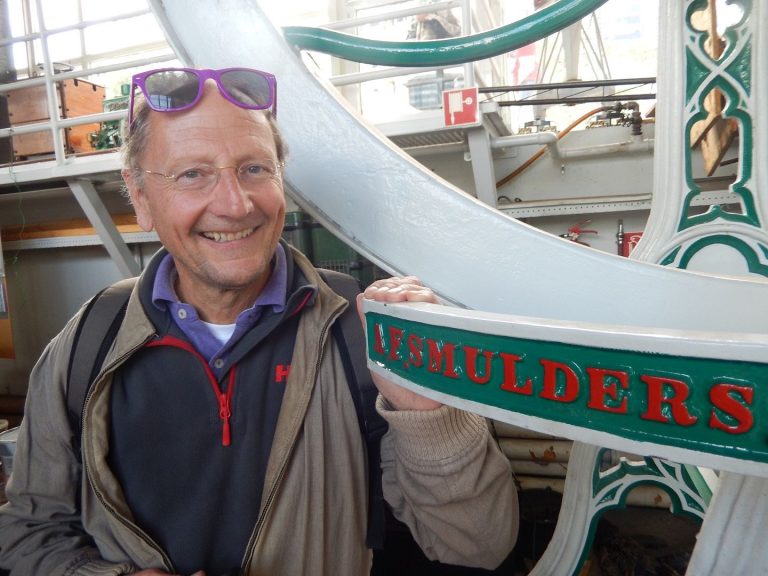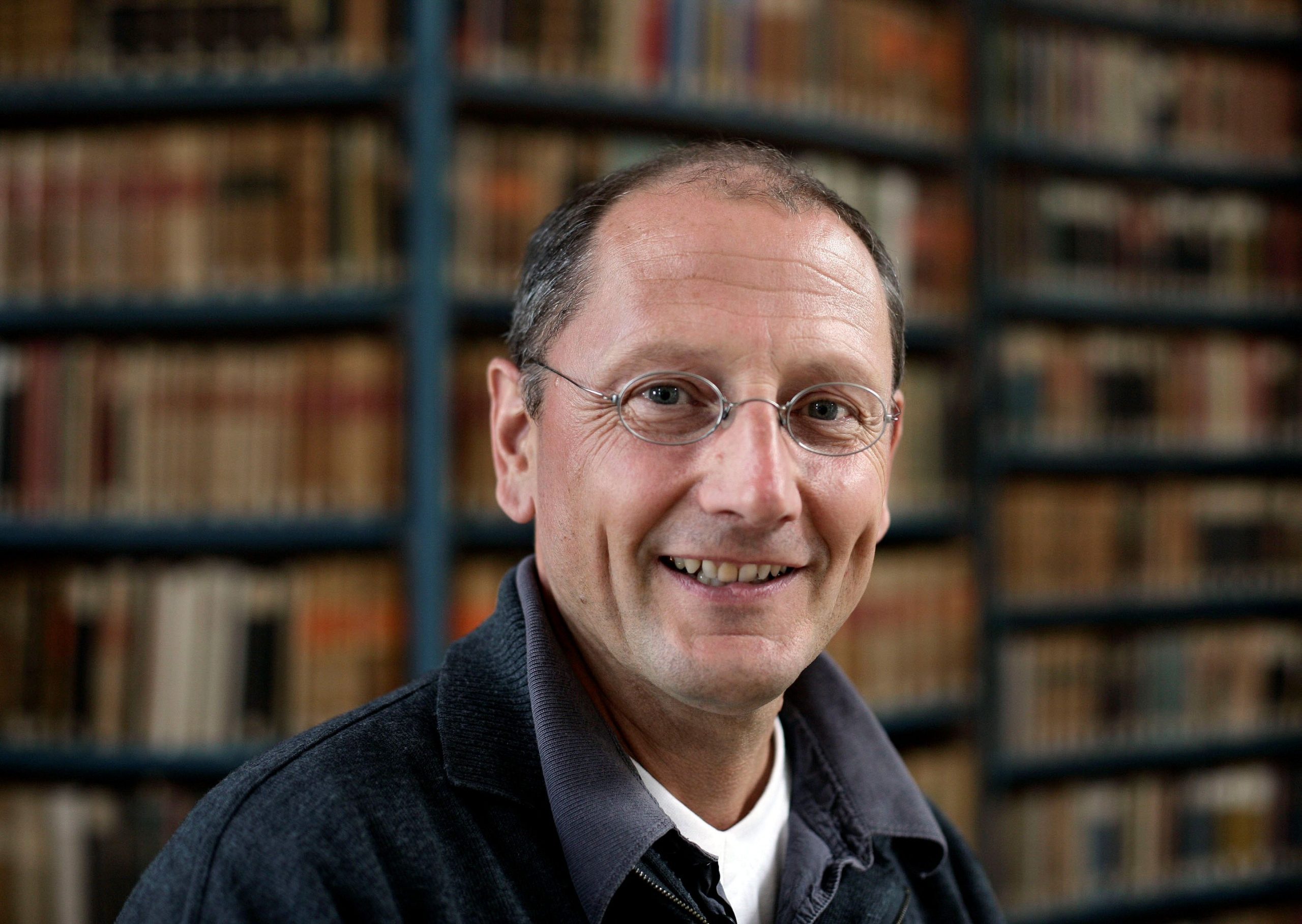How can you best assess the learning of student-entrepreneurs who set up and grow their own companies as part of their educational MSc programme? Finding the answer is the quest of my two-year Education Fellowship.
Teaching entrepreneurship is a challenging business. For instance, it is widely believed that you cannot teach entrepreneurship: budding entrepreneurs simply have to learn through practice, learning by doing. By extension, there is no formal and widely accepted theory on entrepreneurship on which to build a formal curriculum.
And this is exactly what we are doing – developing educational modules that bring entrepreneurial practice into education. In our modules, student-entrepreneurs develop their own business ideas and work to bring these to fruition. This may sound straightforward, but it is precisely here that my fellowship challenge comes in. How can you assess the quality of their work at academic levels without a clear theoretical framework on entrepreneurship?
Roller-coaster
I could assess the results of the business – the product and/or technology – but these will vary hugely from venture to venture. So what criteria should I use? Further, if the business ideas and technologies are so innovative, where do I find the right experts to help evaluate them? And even if the end result appears very simple and elegant, it hides the complexity of the process, the many iterations and the difficulties that the student-entrepreneur has encountered during its development.
Of course, we could also take the marketing, the business plans and the amount of funding that the student-entrepreneurs have been able to raise into account during assessment. But how can we assess the response of student-entrepreneurs to the challenges of setting up and developing a new company? It is a roller-coaster of largely unplanned, often unforeseen and sometimes even unwanted activities, most, if not all, of which are new to these young people. Each new activity is a new experience that leads to new insights and learnings at several different levels.
Vertical learning curve
All in all, what young entrepreneurs learn is much more profound and goes far beyond purely the tangible objects like products, reports and plans. While building their companies, the student-entrepreneurs iterate, pivot, make mistakes, have successes, bump into walls, have set-backs, lose and earn money.
They talk to hundreds of people like investors, suppliers, peers, banks, coaches, experts, potential clients, customers, users etc. They find themselves developing financial projections, creating their first product or proposition and their first prototype, hitting the market with a so-called minimal viable product and lots more. And they are learning all the time – the young entrepreneurs’ learning curve is virtually vertical!!
Challenging journey
This is true challenge-based learning and we, as a renowned academic institution, must be able to assess the student-entrepreneurs at academic levels. Our assessment must go beyond the actual business product and we must do our assessment without the guidance of a validated theoretical framework of what entrepreneurs should do to build their own start-up.
I am embarking on a challenging journey that connects literature on learning & education to assessing student-entrepreneurs. Along the way, I will keep you updated through monthly blogs like this. As this is such a new field, I welcome reactions and suggestions.


Frido Smulders, Associate Professor Design, Innovation and Entrepreneurship, was granted a two-year educational fellowship by the TU Delft Executive Board in December 2016.
You can meet him on May 1st during his lunch lecture ‘Innovation in Education’ on conceptual thinking. “Society is asking for innovative engineers who are not just able to ‘think out of the box’, but who can also ‘define the future new box’.What are those conceptual thinking skills and how do these relate to the traditional engineering skills?”
Also read:
‘Would an universal academic brain help me?’
‘Universal Academic Brain: wicked problems and experiential learning’
Frido Smulders / Wetenschapper en Delta-blogger



Comments are closed.